JONES LAW GROUPYour Lawyers for Life! Personal Injury Law Firm in St. Petersburg
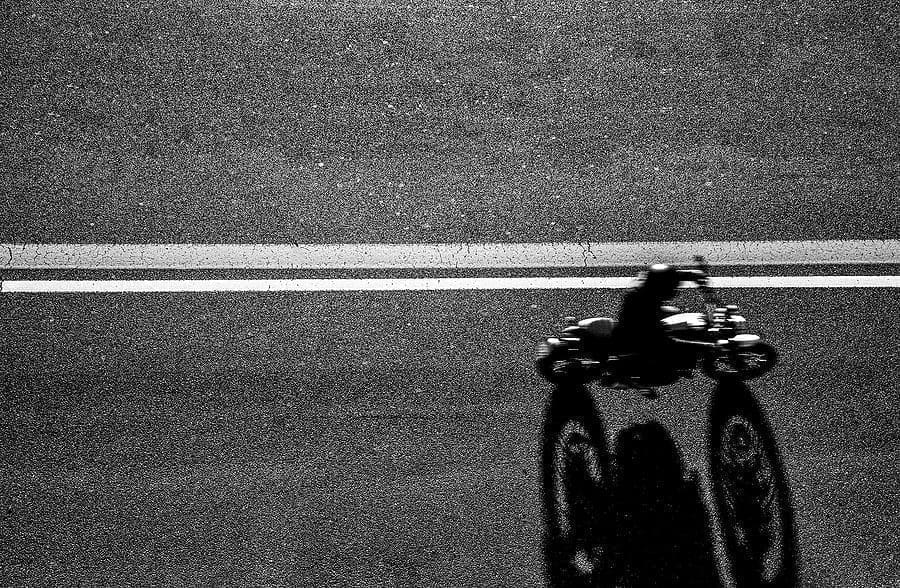
Pinellas County consistently ranks as one of the most dangerous counties in Florida for motorcycle riders. Pinellas Park is particularly dangerous as it contains numerous hazardous intersections along several major thoroughfares that slice through Pinellas Park. According to the National Highway Traffic Safety Administration motorcycle fatalities occur overwhelmingly in urban areas along major thoroughfares. Per […]
Call our personal injury law office directly at (727) 512-9847
At Jones Law Group in St. Petersburg, FL, we would like to hear from you. Contact us for a free personal injury case consultation.
Call our personal injury law office at (727) 512-9847
Get educated on the Florida's personal injury laws and more.
Pinellas County consistently ranks as one of the most dangerous counties in Florida for motorcycle riders. Pinellas Park is particularly dangerous as it contains numerous hazardous intersections along several major thoroughfares that slice through Pinellas Park. According to the National Highway Traffic Safety Administration motorcycle fatalities occur overwhelmingly in urban areas along major thoroughfares. Per vehicle miles travelled in 2018, motorcyclist fatalities occurred nearly 27 times more frequently than passenger car occupant fatalities in traffic accidents.
If you are involved in a motorcycle accident and you are fortunate enough to walk away, you will need to take the following steps:
This is easier said than done but getting angry and combative at the scene will only damage your case. Even when confronted with the worn our refrain of the at fault cager, “I didn’t see him/her,” remain calm and professional.
After a traffic accident, police will usually respond to the scene. Only discuss the specifics of the accident with the police. However, if the law enforcement officers do not respond, you’ll have to file a report to them, even if there are no serious injuries. Failing to file a report can leave you vulnerable to the at fault driver changing the story they tell their insurance company. This might cause the insurance company not to compensate you for your damages.
While you wait for law enforcement to arrive, collect the contact information from witnesses and the other people involved in the accident. The police will attempt to collect this information, but many witnesses do not wait around for the police to arrive and will leave. Do not let that happen. Get their names, addresses, phone numbers and email addresses.
Take pictures of the identification and insurance card of the other drivers. Photograph each vehicle involved and the license plates. Take pictures of all damage to all vehicles. Document the scene thoroughly with photos. Take pictures of any hazards that contributed to the accident. Make sure to take pictures of any visible injuries. Take more pictures than you think you will need.
The police, at the scene, should provide you with an exchange of information which provides the identity of all parties, contact information and insurance information. Do not forget to obtain this critical document at the scene.
In order to recover damages for your property or injuries, you must file a claim with the insurance companies. You must report the accident to your insurance company even if you were not at fault and will be seeking recovery from the at fault driver’s insurance company.
When you report the accident to your insurance, they will begin the process of opening a claim with the at fault party’s insurance company. If you do not have insurance, report the accident directly to the at fault driver’s insurance company.
Remember that motorcycles are exempt from personal injury protection coverage (PIP). This means that your insurance company will not pay the first $10,000.00 of your medical expenses. If you are going to hire an attorney, do not give a recorded statement until your attorney can be present on the phone call to safeguard your rights and advise you on the proper manner in which to answer the expected questions. Remember, the insurance companies are necessarily on your side.
Nothing can destroy the value of your motorcycle accident case quicker than an ill-advised comment, picture or social media post. This advice includes posts about the accident as well as seemingly harmless photos of you having fun on vacation or at an amusement park. The insurance company will monitor your social media accounts and, in fact, if your case goes to trial will have access to all of your posts. So, at Jones Law Group we attempt to monitor our client’s social media accounts and give this simple piece of advice: Only post funny memes, animal videos and pictures of your food to your accounts until your case is resolved, either through negotiation or litigation.
You should see a doctor immediately following the accident. Injuries are often not immediately apparent due to the adrenaline rush at the time of the accident. Keep a journal. Write down your struggles and thoughts. If you are suffering from any pain, anxiety, depression or PTSD, document those feelings. If you have visible injuries also document your recovery with photographic evidence. The purpose of this is to provide evidence of your claim and to provide your doctors evidence of the symptoms you are experiencing so your injuries can be better documented and treated. Keep copies of all bills, out of pocket expenses and evidence of all lost wages. All are recoverable expenses.
Often times the insurance company will provide an early settlement offer to a victim who is suffering both physically and financially. While these offers may be enticing, it is rarely in your best interests to take this bait. Insurance companies are not in the business to pay the maximum value of the claims which they receive. Opening offers are little more than a starting point for negotiations. Most of the time, an experienced personal injury attorney can negotiate a higher settlement for you.
When you are injured in a motorcycle accident, it is usually in your best interests to consult with an attorney. A good attorney will investigate, negotiate and litigate. The investigation should include looking into other possible factors such as poorly maintained roads and equipment defects, as well as interviewing witnesses, obtaining insurance information and investigating the finances of the at fault party. Negotiating with an insurance company is an art. A good attorney will put together a comprehensive demand package that documents your injuries in a way that maximizes your recovery. If the insurance company refuses to provide a reasonable settlement offer, a good personal injury lawyer will file suit and take your case to trial if necessary.
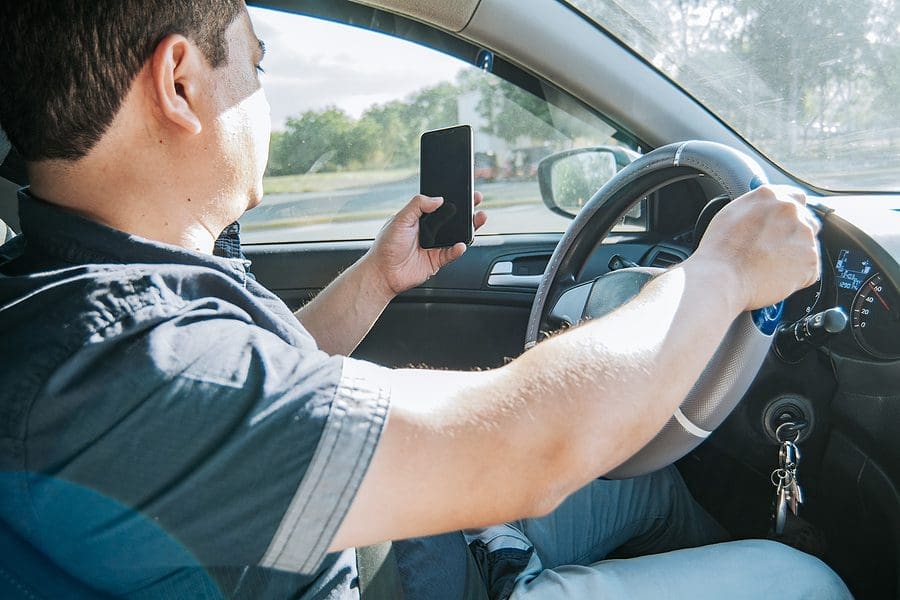
Distracted driving is one of the leading causes of auto accidents in Florida. Here are 10 distractions that can result in a car accident and how to avoid them. Summary It doesn’t matter whether a driver is a teenager or an adult. Distracted driving can happen at any age and have devastating results. A momentary […]
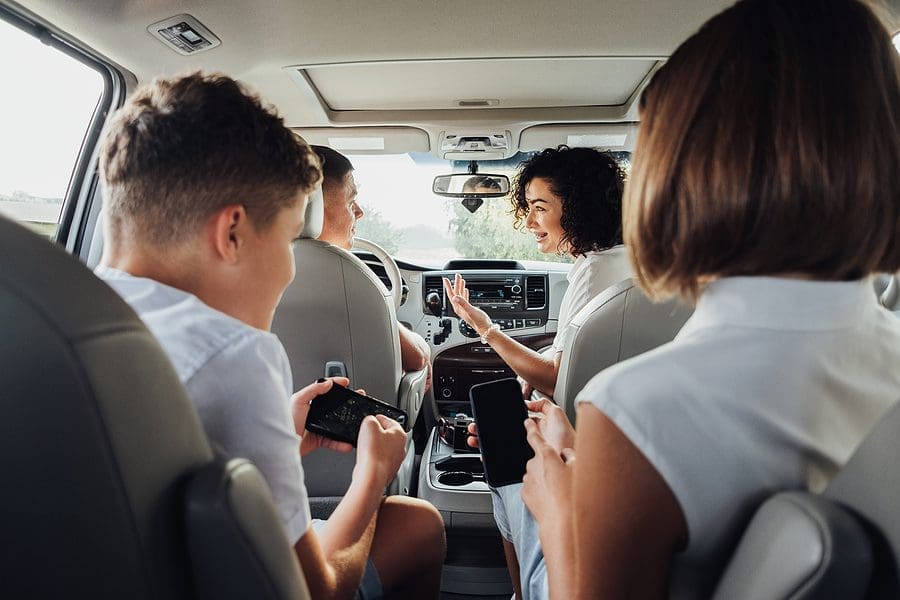
While Florida is a perfect place to take a long road trip, it can also be dangerous. Our highways are oftentimes the scenes of horrific accidents that can result in devastating injuries. The last thing you’ll want to have to deal with is a wreck that can ruin your great time. That’s why we’re providing […]
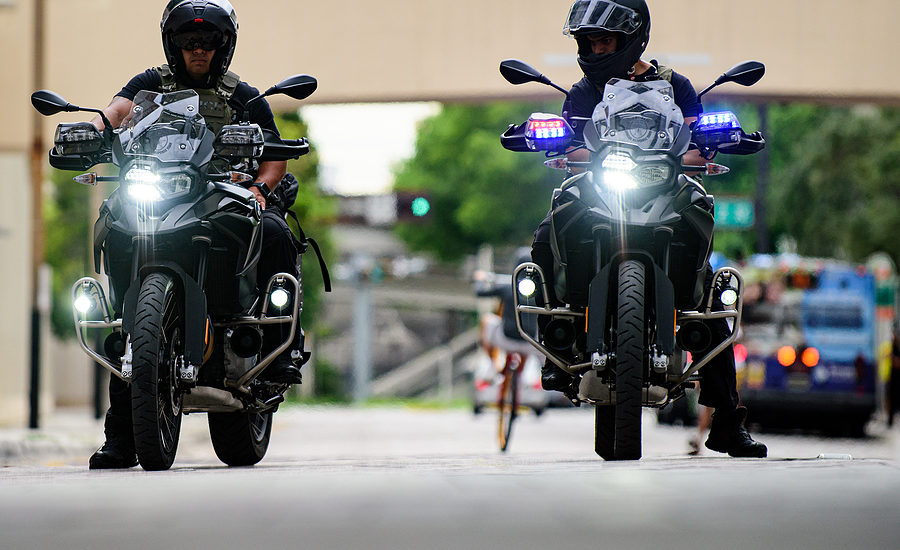
I have noticed a disturbing trend in St. Petersburg. I have seen more and more riders wearing headphones or earbuds while riding their motorcycle or moped. It would seem to be common sense that wearing earphones while riding a motorcycle would be inadvisable, but apparently, it is not. It is illegal to ride a motorcycle […]
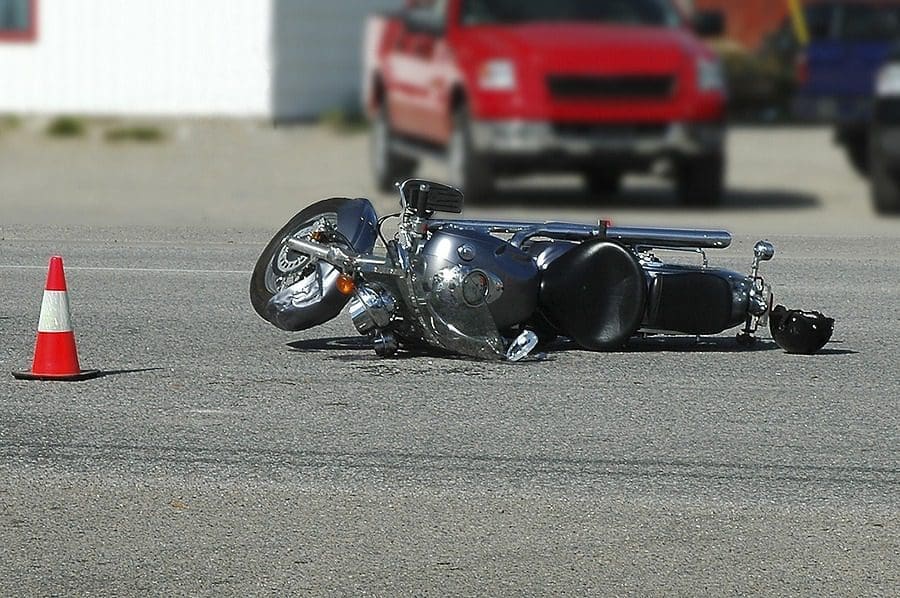
Motorcyclists have a reputation for being adrenaline junkies who don’t care about safety, but that’s not the case. Motorcyclists are required, just like passenger vehicle drivers, to learn how to operate their vehicles safely before they are allowed to get a license. Unfortunately, this bad reputation that motorcyclists get can hurt their accident lawsuit. This […]
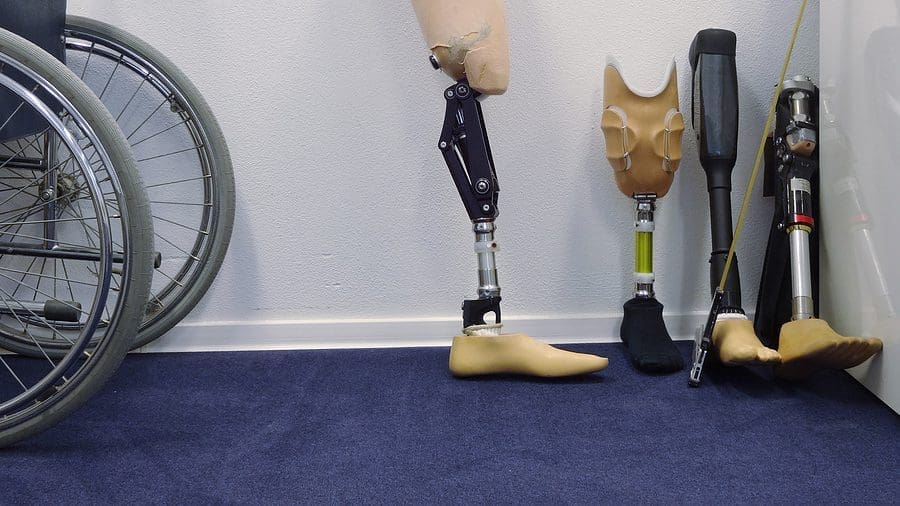
Summary People who suffer amputations caused by car accidents not only have to deal with the physical consequences of their loss, but also emotional and financial consequences. They deserve compensation, and a skilled car accident lawyer can help them get every dollar they have coming. Here, we take a closer look at the most common […]

Unfortunately, the Fourth of July is associated with an increased risk of drunk driving accidents. According to the U.S. Department of Transportation (USDOT), this holiday period often sees more alcohol-related crashes than other times. The USDOT reported that during the Fourth of July holiday period in 2021, there were 538 crash fatalities in the United […]
Speak with us before time runs out! In Florida, you have a limited window to file a personal injury case, so speak to an Attorney today.
Call our personal injury law office directly at (727) 512-9847
Jones Law Group is a dedicated personal injury lawyer in St. Petersburg, FL, serving the Tampa Bay area since 2006. Our experienced attorneys specialize in car accidents, slip and fall cases, employment law disputes, construction law issues, and overtime wage claims, fighting for maximum compensation on a contingency fee basis. Contact us for a free consultation to discuss your case.
Call our personal injury law office at (727) 512-9847
© Copyright 2006–2025 Jones Law Group Attorneys at Law. All rights reserved. Privacy Policy Terms of Use
Attorney Advertising.
The information on this website is for general information purposes only. Nothing on this site should be taken as legal advice for any individual case or situation. This information is not intended to create, and receipt or viewing does not constitute, an attorney-client relationship. Past results do not guarantee similar outcomes.
Are you injured or wronged and interested in a consultation? Fill out the form for a free consultation with us.